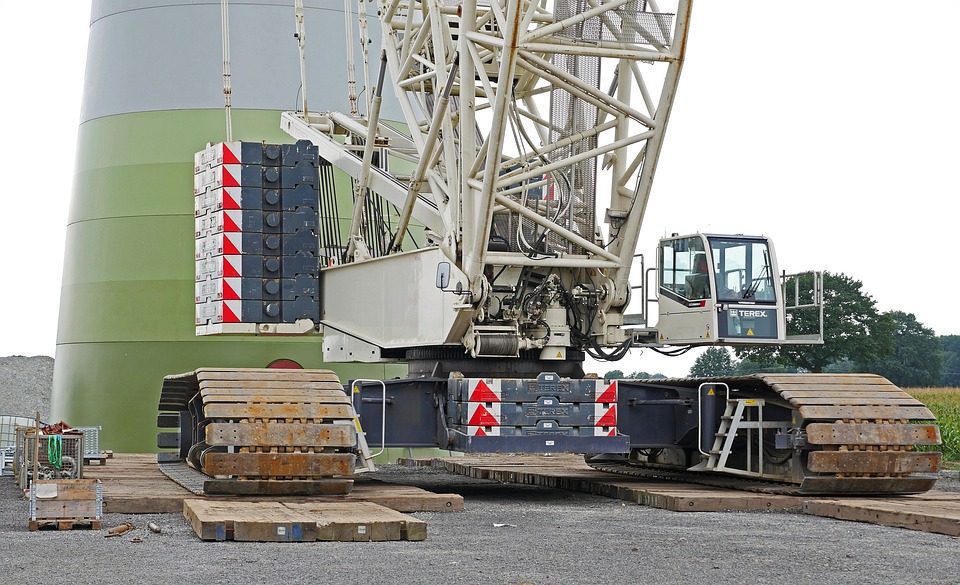Efficient Energy Distribution
Smart grids are a crucial component of the transition to a low-carbon future, enabling the efficient distribution of electricity generated from renewable sources to electric vehicles (EVs) and other consumers. By leveraging advanced technologies, smart grids can optimize energy storage, reduce peak demand, and minimize the need for fossil fuels. This results in significant greenhouse gas emissions reductions and cost savings for consumers.
Real-Time Monitoring and Control
Smart grids use advanced sensors and data analytics to monitor and control energy distribution in real-time. This allows for the identification of potential disruptions and swift response to ensure a stable and reliable supply of electricity. For EVs, this means optimized charging times, reduced range anxiety, and increased convenience.
Increased Renewable Energy Integration
Smart grids can accommodate the variable nature of renewable energy sources like solar and wind power. Advanced forecasting and predictive analytics enable grid operators to anticipate and manage fluctuations in energy output, ensuring a stable and reliable supply of electricity. This increased integration of renewable energy reduces our reliance on fossil fuels and decreases greenhouse gas emissions.
Enhanced Grid Resilience
Smart grids can improve grid resilience by recognizing and responding to potential disruptions before they become outages. This is achieved through advanced predictive analytics, real-time monitoring, and automated control systems. For EV owners, this means reduced range anxiety and increased peace of mind, knowing that their vehicles are ready to go when needed.
Benefits for Electric Vehicle Owners
Smart grids offer several benefits for electric vehicle owners, including:
- Optimized charging: Smart grids can optimize charging times to reduce peak demand and minimize the need for fossil fuels.
- Increased convenience: Smart grids can enable remote charging, allowing EV owners to start and stop charging sessions remotely.
- Improved range anxiety: Smart grids can provide real-time updates on charging status and estimated completion time, reducing range anxiety and increasing peace of mind.
Conclusion
Smart grids are a critical component of the transition to a low-carbon future, enabling the efficient distribution of electricity generated from renewable sources to electric vehicles and other consumers. By leveraging advanced technologies, smart grids can optimize energy storage, reduce peak demand, and minimize the need for fossil fuels. For EV owners, smart grids offer increased convenience, reduced range anxiety, and improved charging experiences.
FAQs
Q: What is a smart grid?
A: A smart grid is an advanced electrical grid that uses advanced technologies, such as sensors and data analytics, to monitor and control energy distribution in real-time.
Q: How do smart grids benefit electric vehicle owners?
A: Smart grids offer several benefits for electric vehicle owners, including optimized charging, increased convenience, and improved range anxiety reduction.
Q: What are the benefits of increased renewable energy integration?
A: Increased integration of renewable energy sources like solar and wind power reduces our reliance on fossil fuels, decreases greenhouse gas emissions, and provides a more sustainable energy future.
Q: How do smart grids improve grid resilience?
A: Smart grids can improve grid resilience by recognizing and responding to potential disruptions before they become outages, reducing the risk of power outages and increasing the overall reliability of the grid.
Q: What is the role of advanced forecasting and predictive analytics in smart grids?
A: Advanced forecasting and predictive analytics enable grid operators to anticipate and manage fluctuations in energy output, ensuring a stable and reliable supply of electricity and reducing the need for fossil fuels.


_2.png?w=150&resize=150,150&ssl=1)
_1.png?w=150&resize=150,150&ssl=1)

_1.png?w=150&resize=150,150&ssl=1)
_1.png?w=150&resize=150,150&ssl=1)
